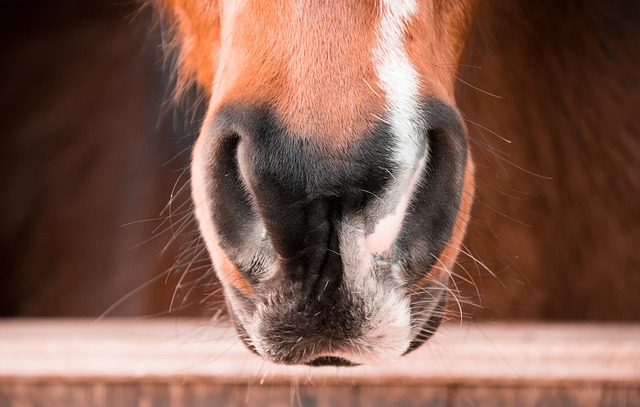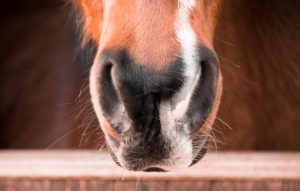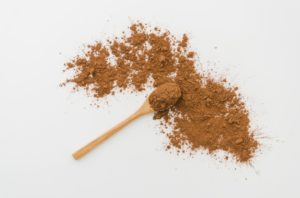
05 Mar 2021 Vitamin B for Horses – Best Resource Guide
What is Vitamin B?
A lot of my clients ask me about Vitamin B for their horses. They worry if their horse’s needs are being met through their diet or if they need a supplement.
Vitamin B is an umbrella term for many sub-types of B Vitamins, including niacin, thiamine, biotin, and riboflavin. B Vitamins are made in the horse’s body either from organic compounds in food, or by the microbes that live in the horse’s gut.
How does Vitamin B Help my Horse?
The 8 Essential B Vitamins each have unique benefits for your horse.
B1 – Thiamine – plays a key role in metabolizing carbs
B2 – Riboflavin – supports energy and production of immune cells
B3 – Niacin – supports energy transfer in the body
B5 – Panthothenic acid – supports breakdown of fat and protein
B6 – Pyridoxin – assists energy production and amino acid metabolism
B7 – Biotin – supports cell integrity
B9 – Folic acid – supports cell division, growth and red blood cell production
B12 – Cobalamin – promotes blood production and metabolizes protein, fat and carbohydrates
Where does my Horse get Vitamin B?
Horses on a normal diet usually have adequate supplies of all B vitamins.
They get this through grazing and eating hay, and some cereal grains. Vitamins are sometimes found raw in the food horses eat, or are turned into useful vitamins in their gut as they digest.
Microorganisms, mainly in the hind gut, synthesize these vitamins which are absorbed through the intestinal wall. Deficiencies have only been observed in rare experimental feed studies.
A health adult horse will enough Vitamin B through natural grazing of grass or hay.
When does my horse need Vitamin B?
While a normal diet does cover a horse’s basic daily Vitamin B needs, there are some situations when horses could benefit from extra Vitamin B.
Because several B Vitamins are produced by the microflora of the hind gut, it’s good to increase Vitamin B supplement anytime your horse may have difficulties with microbial production in general.
Examples would be senior horses with reduced digestive ability from age, horses with poor quality forage or a low fiber diet, whenever horses are sick or have a large parasite burden, or performance horses under stress of high exertion.
Increased B1 Thiamine, for example, has been shown in certain studies to lower the blood lactate levels and increase the anaerobic threshold. This would be appropriate in high performing athletes but not for an average working horse.
How much Vitamin B is too much?
Vitamins are divided into two categories – Fat Soluble and Water Soluble. If a Vitamin can be dissolved in water, your horse’s body can easily get rid of any excess through urine.
Because Vitamin B is one of the water-soluble vitamins, extra supplies do not build up in the horse’s body. This means that new supplies must be added regularly, (through the daily eating of grass or hay) but toxicity isn’t a problem because excess B vitamins are excreted instead of stored.
Fat soluble vitamins, on the other hand, can be stored in the body for later within your horse’s fat stores. Because these vitamins are not easily excreted, toxicity can build up. After a diet change, such as moving to a new boarding barn/grazing pasture, deficiencies can take a while before they start to show because reserves are stored in the body. An example of a fat soluble vitamin you’d have to watch out for deficiency/toxicity is Vitamin A.
For water soluble B Vitamins, however, you don’t have to worry about giving too much because your horse’s body naturally balances it.
Summary
Unless your horse is kept in extreme circumstances, their natural diet will cover the basic Vitamin B needs. But there are times where having extra Vitamin B can be beneficial, like when your horse is sick, old, has poor quality forage, or has high athletic demands
If you want help with your horse, contact me.



